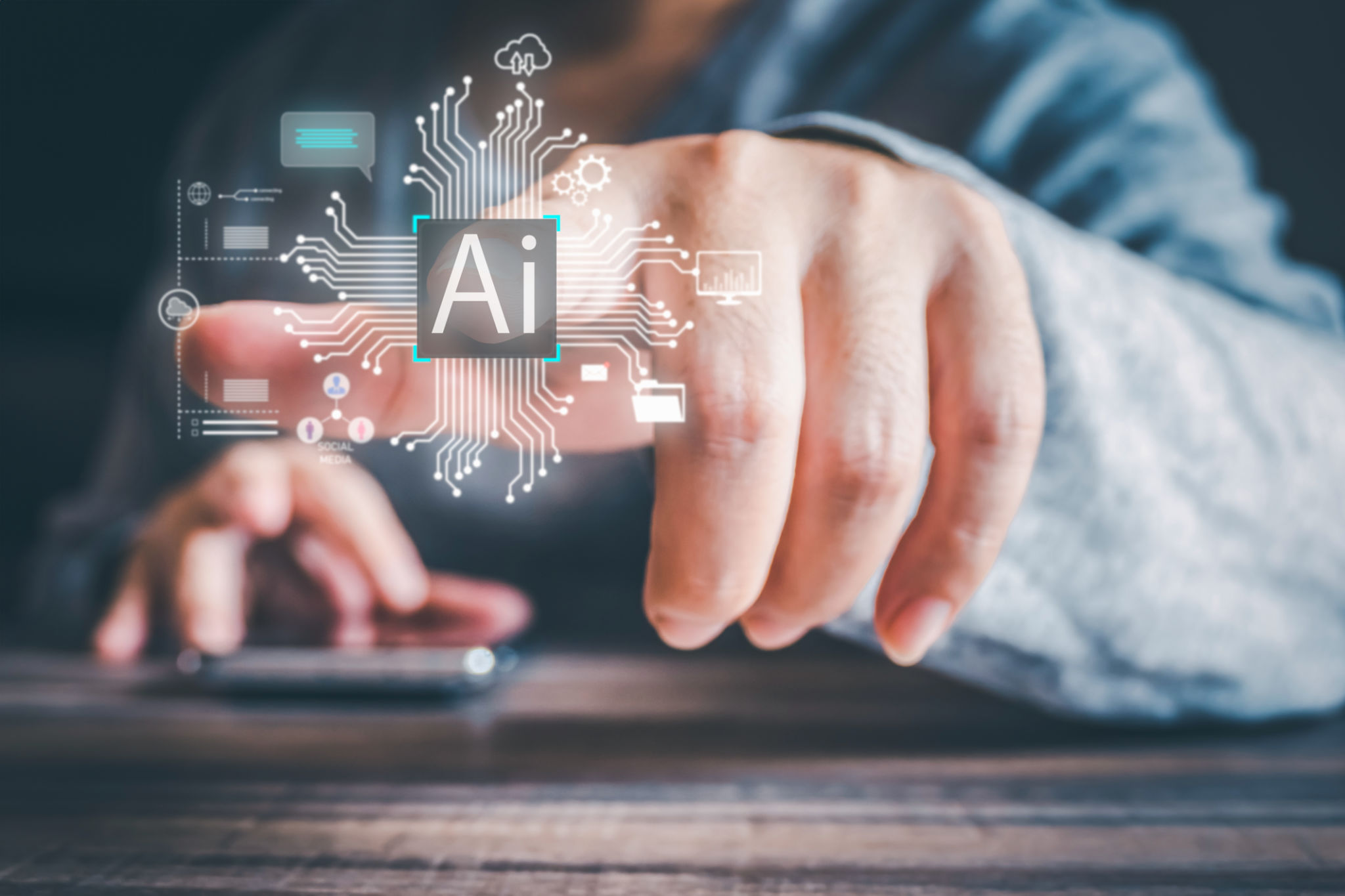Adapting to Change: How AI Ensures a Seamless Travel Experience
Embracing AI in the Travel Industry
In recent years, the travel industry has been revolutionized by the adoption of artificial intelligence (AI). This transformative technology ensures a seamless travel experience by enhancing efficiency, personalizing services, and improving safety. As travelers increasingly seek personalized and efficient solutions, AI steps up to meet these demands.
AI applications in travel range from chatbots providing customer service to advanced algorithms forecasting flight delays. This technology not only simplifies the planning process but also enriches the journey itself, offering a level of convenience previously unattainable.

Personalized Travel Planning
One of the standout features of AI in travel is its ability to offer personalized experiences. By analyzing vast amounts of data, AI can tailor recommendations for destinations, accommodations, and activities that suit individual preferences. This personalization enhances customer satisfaction and encourages repeat business.
For instance, AI-driven platforms can suggest itineraries based on a traveler’s past preferences and current trends. This level of customization was once a luxury available only to those with personal travel agents, but AI makes it accessible to everyone.

Chatbots and Virtual Assistants
AI-powered chatbots are revolutionizing customer service in the travel sector. Available 24/7, these virtual assistants provide instant responses to inquiries, book tickets, and even offer destination advice. This constant availability ensures that travelers receive support whenever they need it, enhancing their overall experience.
Additionally, these chatbots learn from interactions, allowing them to improve their responses over time. This continuous improvement means that they can handle increasingly complex queries, further streamlining the travel process.

Streamlining Operations with AI
Beyond personalizing experiences, AI plays a crucial role in streamlining operations within the travel industry. From optimizing flight routes to managing hotel inventories, AI algorithms help businesses operate more efficiently. This operational efficiency translates to cost savings, which can be passed on to travelers.
Flight management systems powered by AI analyze weather patterns, air traffic, and other variables to predict and mitigate delays. Similarly, dynamic pricing algorithms ensure competitive rates for travelers while maximizing revenue for airlines and hotels.
Enhancing Safety and Security
AI also enhances safety and security in the travel industry. Facial recognition technology speeds up check-in processes at airports while ensuring security protocols are maintained. These advancements reduce wait times and improve the overall passenger experience.
Moreover, AI systems are adept at detecting fraudulent activities and minimizing risks. By monitoring transactions and behaviors in real-time, AI can alert authorities to any unusual activity, ensuring traveler safety.

The Future of Travel with AI
The integration of AI into the travel industry is just beginning. As technology continues to evolve, we can expect even more innovative applications that will transform the way we travel. With advancements in machine learning and data analytics, the future of travel looks promising and exciting.
Travelers can look forward to hyper-personalized experiences, enhanced safety measures, and unprecedented convenience as AI continues to shape the industry. Embracing these changes will be crucial for businesses aiming to remain competitive in an ever-evolving landscape.
